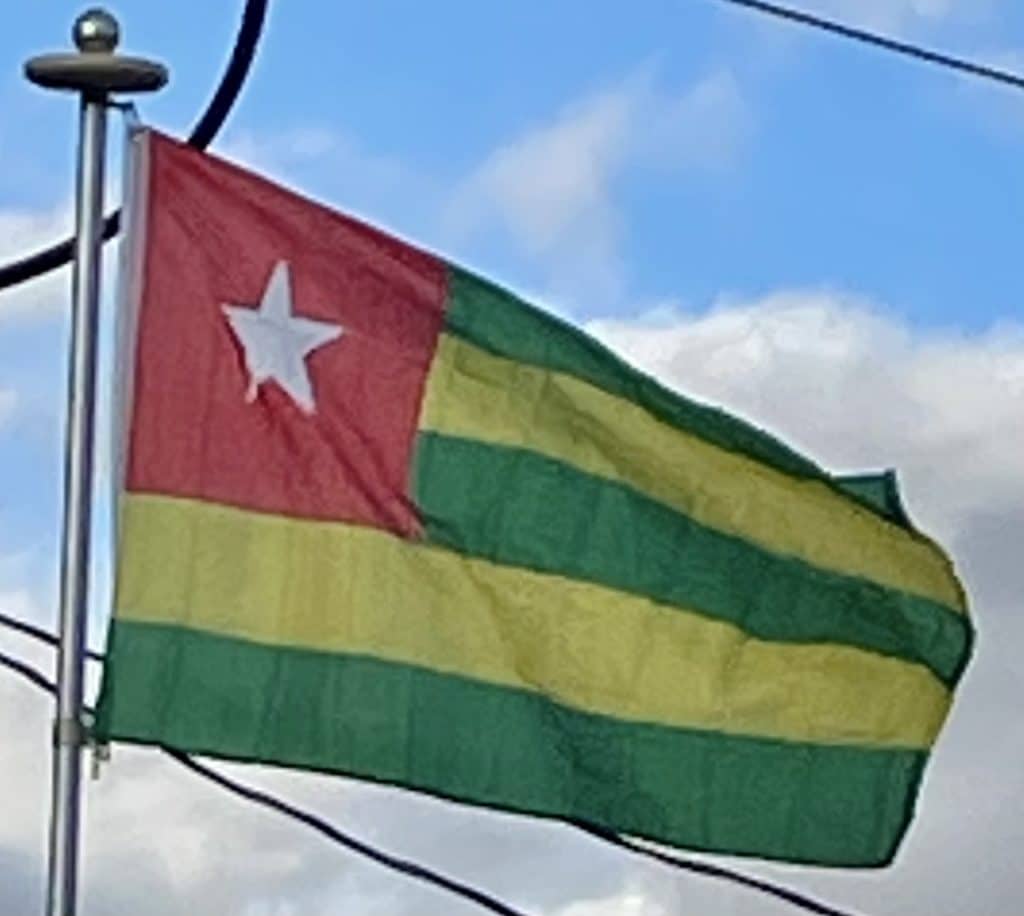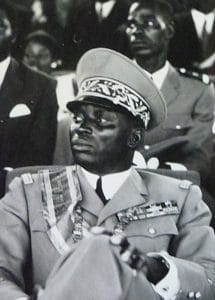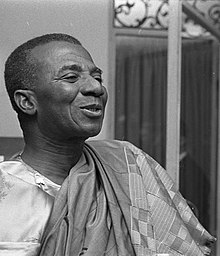

Togo

After World War II, these mandates became UN Trust Territories. The residents of British Togoland voted to join the Gold Coast as part of the new independent nation of Ghana in 1957. French Togoland became an autonomous republic within the French Union in 1959, while France retained the right to control the defense, foreign relations, and finances.
Independence to Present Day (1960–present):
The Togolese Republic was proclaimed on 27 April 1960. In the first presidential elections in 1961, Sylvanus Olympio became the first president, gaining 100% of the vote in elections boycotted by the opposition. On 9 April 1961, the Constitution of the Togolese Republic was adopted, according to which the supreme legislative body was the National Assembly of Togo.
In December 1961, leaders of opposition parties were arrested because they were accused of the preparation of an anti-government conspiracy. A decree was issued on the dissolution of the opposition parties. Olympio tried to reduce dependence on France by establishing cooperation with the United States, United Kingdom, and West Germany. He also rejected the efforts of French soldiers who were demobilized after the Algerian War and tried to get a position in the Togolese army. These factors eventually led to a military coup on 13 January 1963, during which he was assassinated by a group of soldiers under the direction of Sergeant Gnassingbé Eyadéma. A state of emergency was declared in Togo.

The military handed over power to an interim government led by Nicolas Grunitzky. In May 1963, Grunitzky was elected President of the Republic. The new leadership pursued a policy of developing relations with France. His main aim was to dampen the divisions between north and south, promulgate a new constitution, and introduce a multiparty system.
Exactly four years later, on 13 January 1967, Eyadéma Gnassingbé overthrew Grunitzky in a bloodless coup and assumed the presidency. He created the Rally of the Togolese People Party, banned activities of other political parties and introduced a one-party system in November 1969. He was reelected in 1979 and 1986. In 1983, the privatization program launched and in 1991 other political parties were allowed. In 1993, the EU froze the partnership, describing Eyadema’s re-election in 1993, 1998 and 2003, as a seizure of power. In April 2004, in Brussels, talks were held between the European Union and Togo on the resumption of cooperation.
Eyadéma Gnassingbé suddenly died on 5 February 2005, after 38 years in power, the longest rule of any dictator in Africa. The military’s immediate installation of his son, Faure Gnassingbé, as president provoked widespread international condemnation, except from France. Some democratically elected African leaders such as Abdoulaye Wade of Senegal and Olusegun Obasanjo of Nigeria supported the move, thereby creating a rift within the African Union.
Gnassingbé left power and held elections, which he won two months later. The opposition declared that the election results were fraudulent. The events of 2005 led to questions regarding the government’s commitment to democracy that had been made in an attempt to normalize relations with the EU, which cut off aid in 1993 due to questions about Togo’s human rights situation. In addition, up to 400 people were killed in the violence surrounding the presidential elections, according to the UN. Around 40,000 Togolese fled to neighboring countries. Gnassingbé was reelected in 2010 and 2015.
